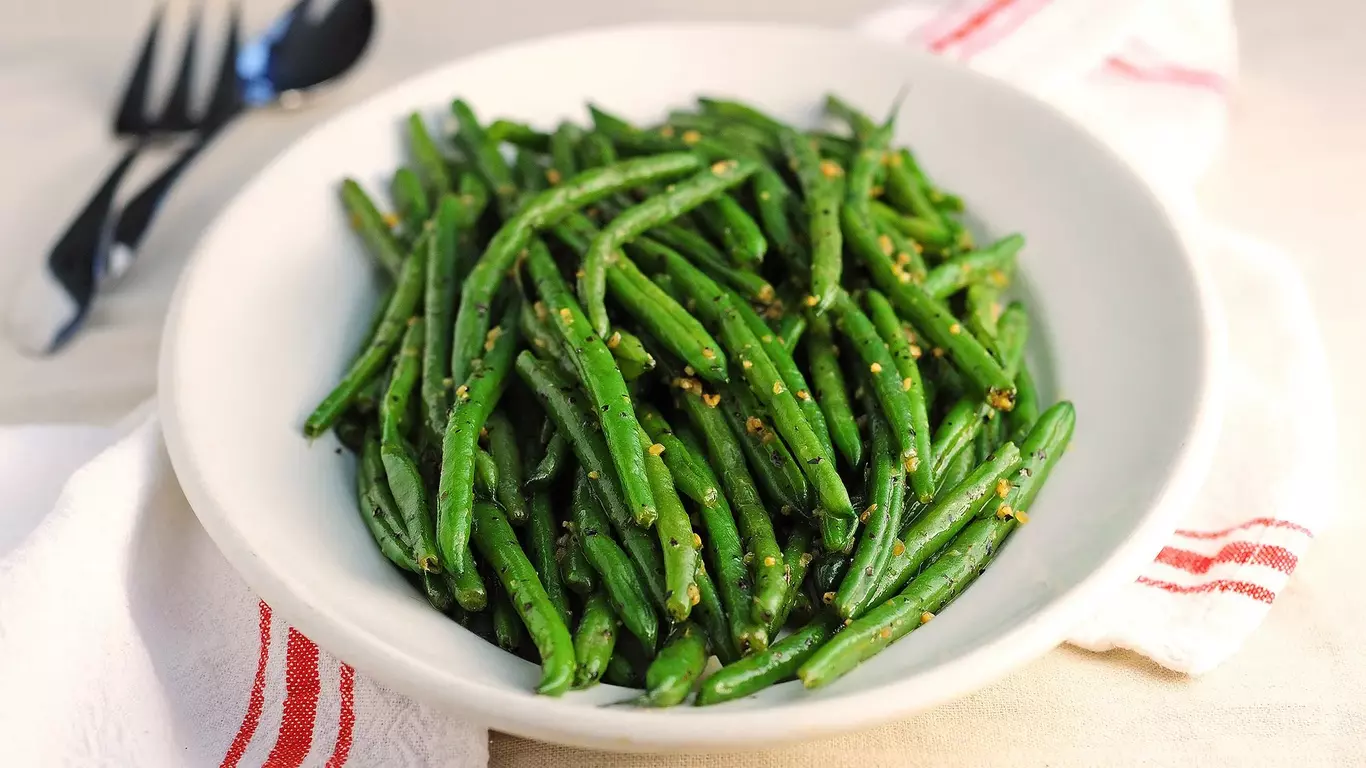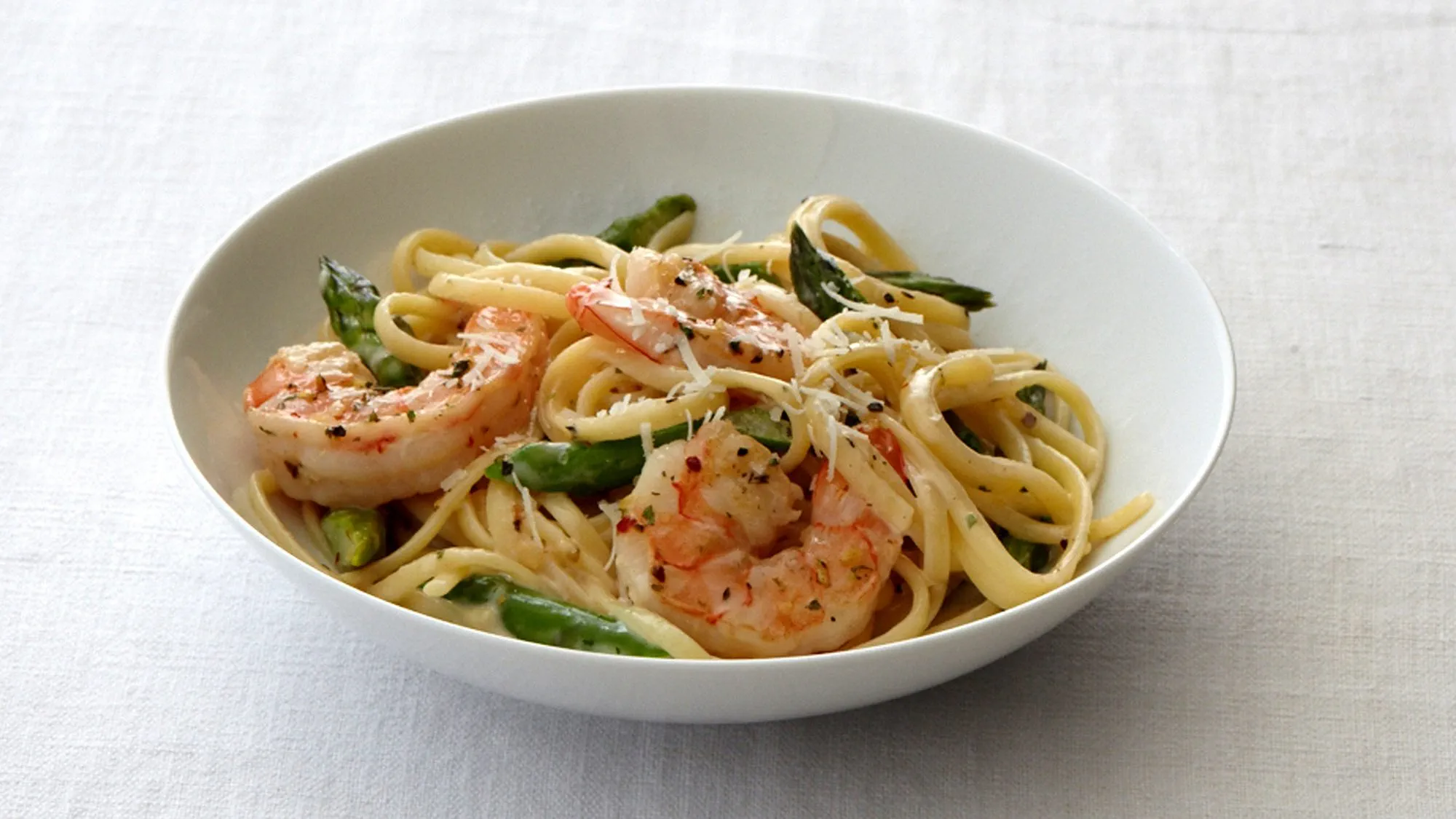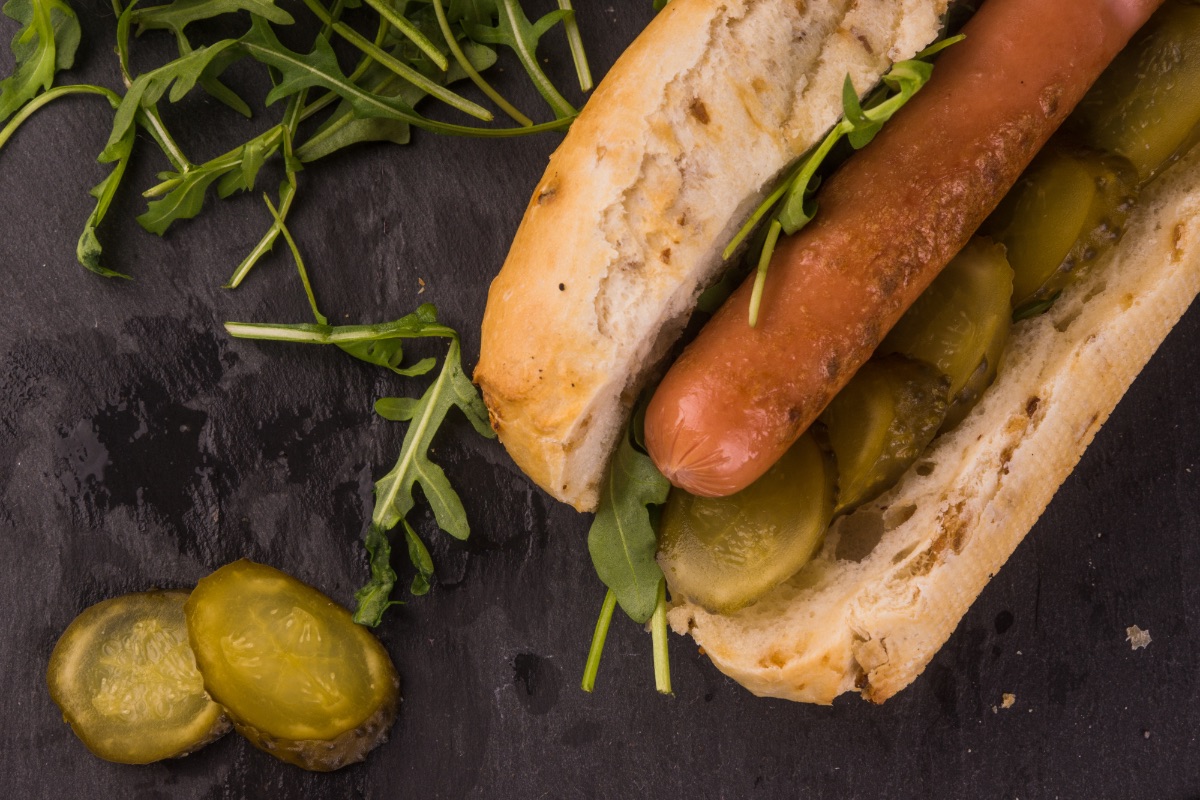Blanching—boiling briefly before plunging into an ice bath—is the standard method used to cook vegetables that have a tendency to lose their color and texture if you expose them to heat for too long. But even a quick boil can be too much for certain delicate plant parts, and that’s when cookbook author Abra Berens turns to faux-blanching.
In an article for Food52, Berens describes a tale of love, loss, and tri-colored green beans:
I brought them home so pumped to make a salad. I cleaned each one, getting more and more excited as each color passed through my fingers. Then I blanched them and what had been neon purple turned to grey-green. I was pissed off in a way that is, admittedly, unreasonable.
Unwilling to accept dull, grey beans, Berens took a gentler approach with the next batch. Instead of blanching all three colors, she boiled the yellow and green, and then simply poured boiling water over the purple, rendering them vibrant and crisp, but no longer raw.
Photo: McCormick
This, to me, is genius, and perfect for those moments when you just want to take the raw edge off a green (or purple) thing while preserving most of its fresh color and texture. It works with green beans, asparagus, shaved fennel, or nearly any delicate and/or thinly sliced vegetable (see the Food52 article linked below for Berens’ full list of suggestions). You can use the water from something you’re already boiling (like grains or pasta), or you can bring a kettle or pot to boil for this express purpose. If you travel, it’s a good way to cook certain vegetables in a hotel by just running water through the coffee maker.
Try it the next time you make a crudite platter or veggie-heavy salad. If a single pass of boiling water preserves a little too much of the vegetable’s crispness, you can always try a second, though Berens says once has always been enough for her. I like the idea of faux-blanching peas, especially fresh snow peas or frozen English peas. People are always overcooking peas.
This article was written by Claire Lower on Skillet and shared by Claire Lower to Lifehacker from Lifehacker and was legally licensed through the Industry Dive publisher network. Please direct all licensing questions to legal@industrydive.com.









